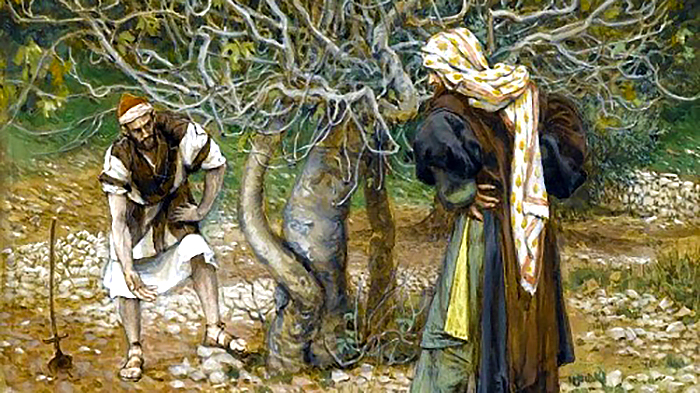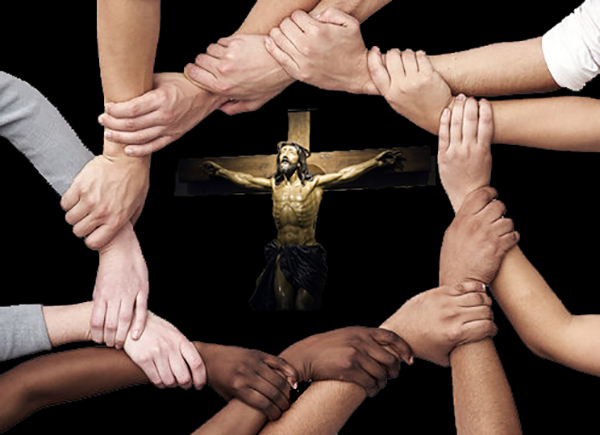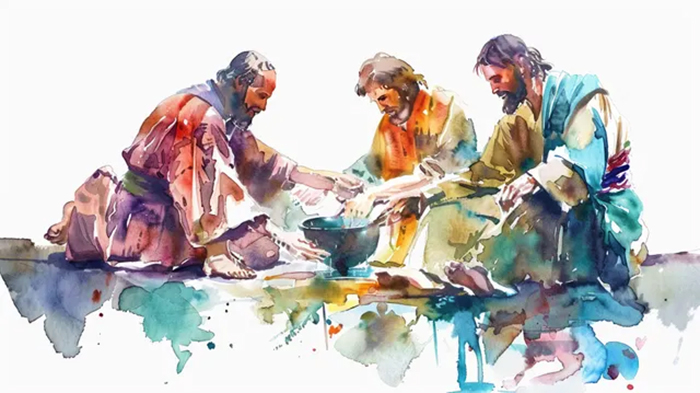
Jesus once said something that might be paraphrased this way: What does it profit you if you gain the whole world and are forever too much in a hurry and too pressured to enjoy it. When Jesus talks about gaining the whole world and suffering the loss of your own soul, he isn’t first of all referring to having a bad moral life, dying in sin, and going to hell. That’s the more radical warning in his message. We can lose our soul in other ways, even while we are good, dedicated, moral people. You can be someone who is very good, dedicated, moral, and kind. But if you struggle to be a soulful person, to be more inside the richness of your own life because when you live under constant pressure and are perennially forced to hurry, it isn’t easy to get up in the morning and say: “This is the day that the Lord has made, let us be glad and rejoice in it.” You are more likely to say: “Lord, just get me through this day!” As well, when Jesus tells us that it’s difficult for a rich person to enter the Kingdom of Heaven, he isn’t just referring to material riches, money, and affluence, though these are contained in the warning. The problem can also be a rich agenda, a job or a passion that so consumes us that we rarely take the time (or even think of taking the time) to enjoy the beauty of a sunset or the fact that we are healthy and have the privilege of having a rich agenda. For many, this cycle of businesses can be broken through conscripted discipline of quiet prayer, regular walks, retreats, and several weeks of vacation each year. Thomas Merton, the Trappist monk, was often too busy and pressured to find solitude. In search of that, he spent the last few years of his life in a hermitage, away from the main monastery except for Eucharist and the Office of the Church each day. Then, when he found solitude, he was surprised at how different it was from the way he had imagined it. “Today I am in solitude because, at this moment, it is enough to be in an ordinary human mode, with one’s hunger and sleep, one’s cold and warmth, rising and going to bed. Putting on blankets and taking them off, making coffee, and then drinking it. Defrosting the refrigerator, reading, meditating, working, praying. I live as my ancestors lived on this earth until eventually I die. Amen. There is no need to make an assertion about my life, especially so about it as mine … I must learn to live so as to forget program and artifice.” When we are rich, busy, pressured, and preoccupied, it’s hard to taste one’s own coffee. Take time to breathe in the richness of God and his creation.[1]
[1] Excerpt from Fr. Ron Rolheiser’s reflection, “Being Rich and in a Hurry,” October 2024.









